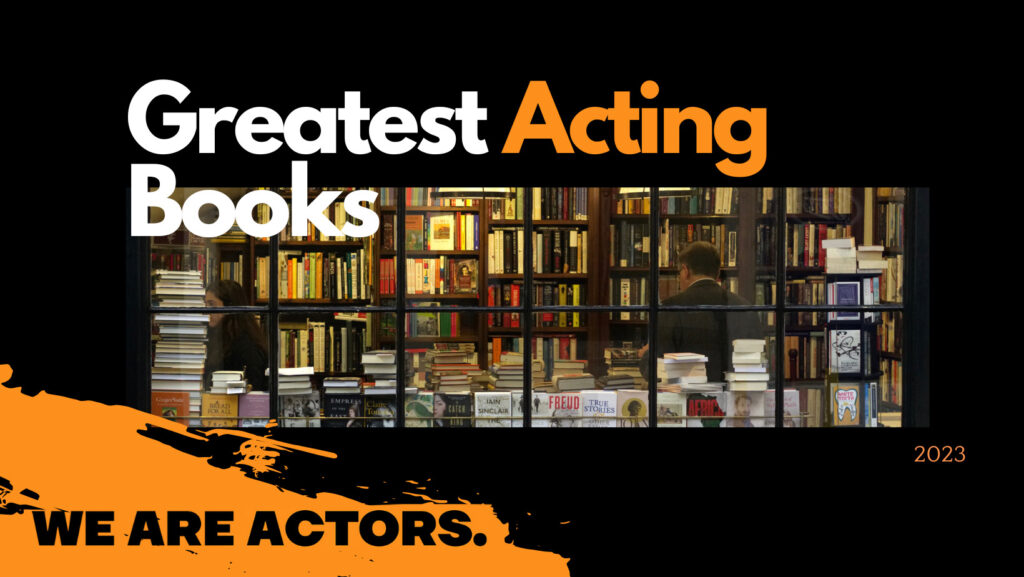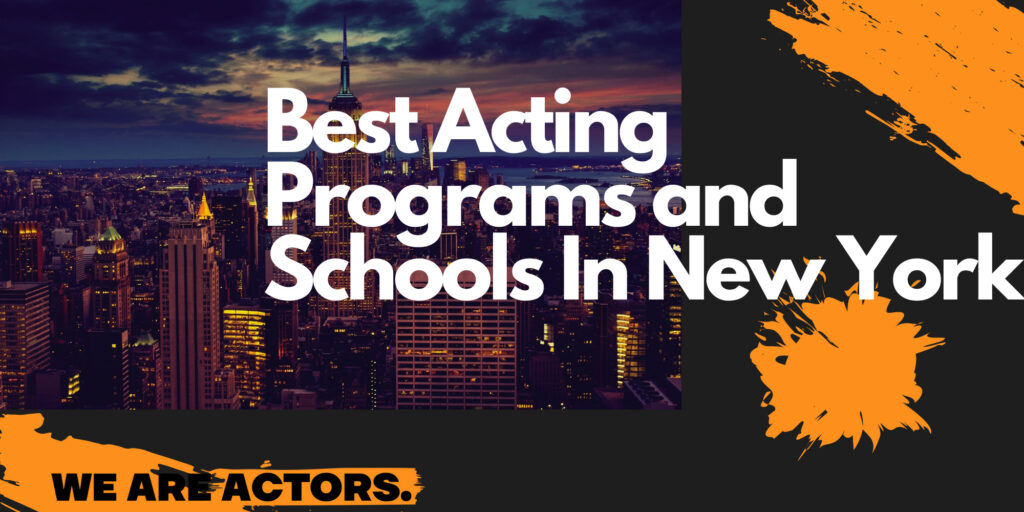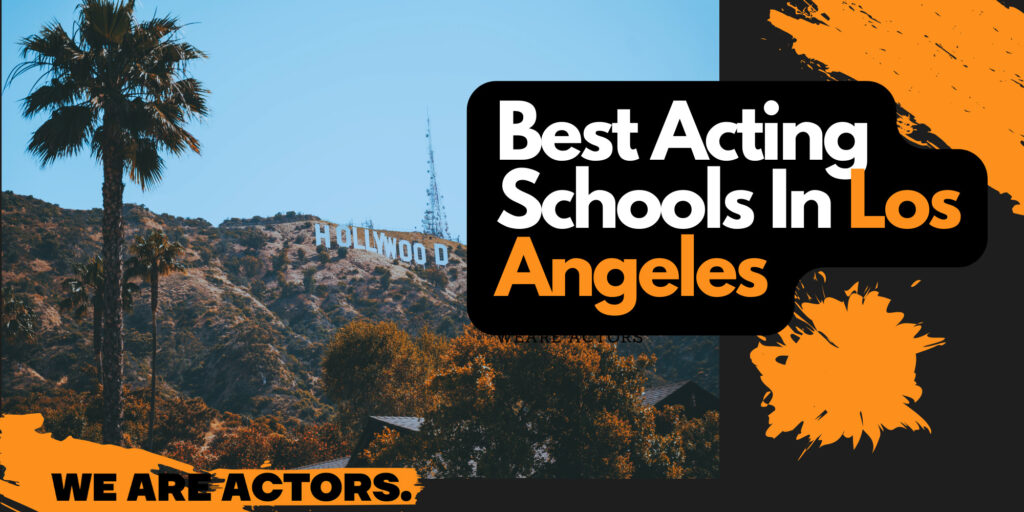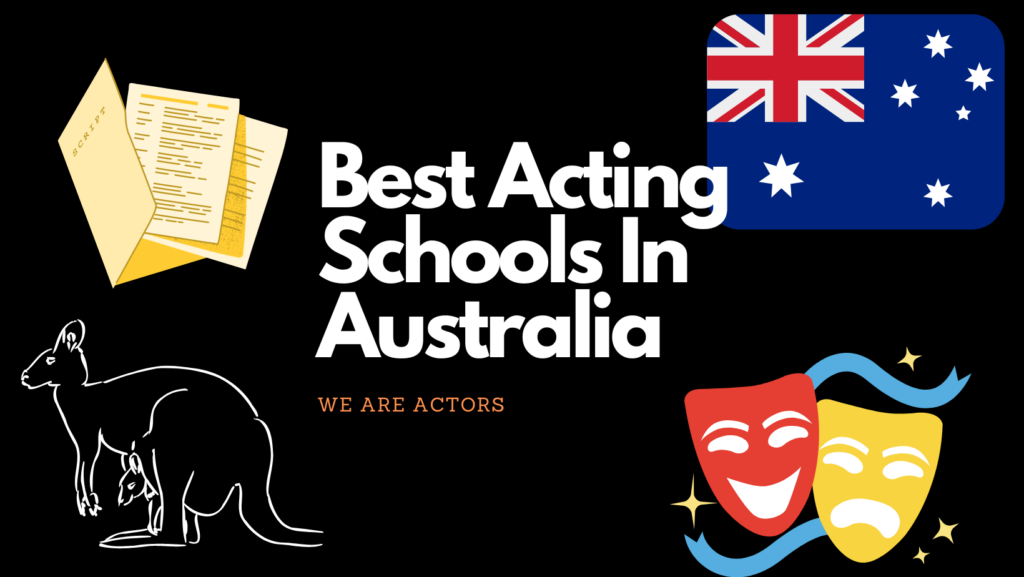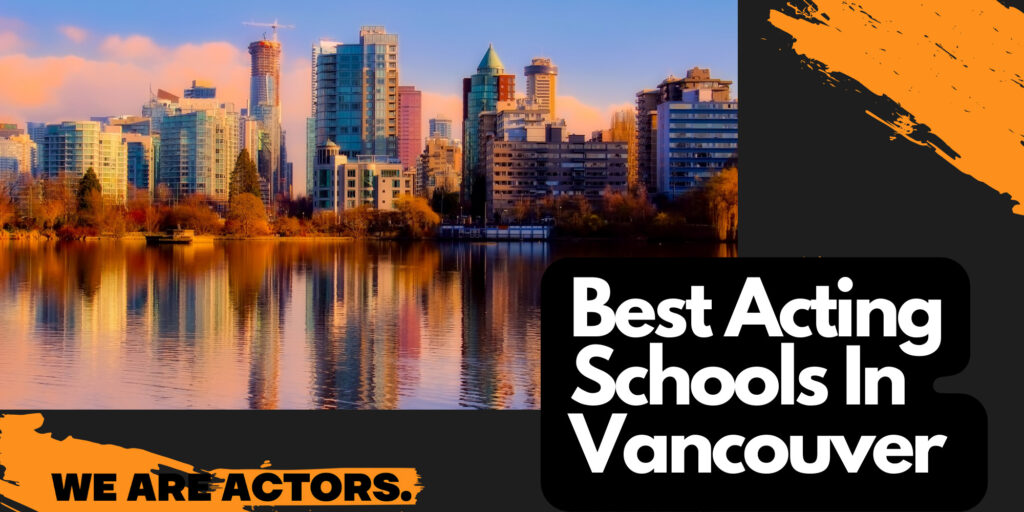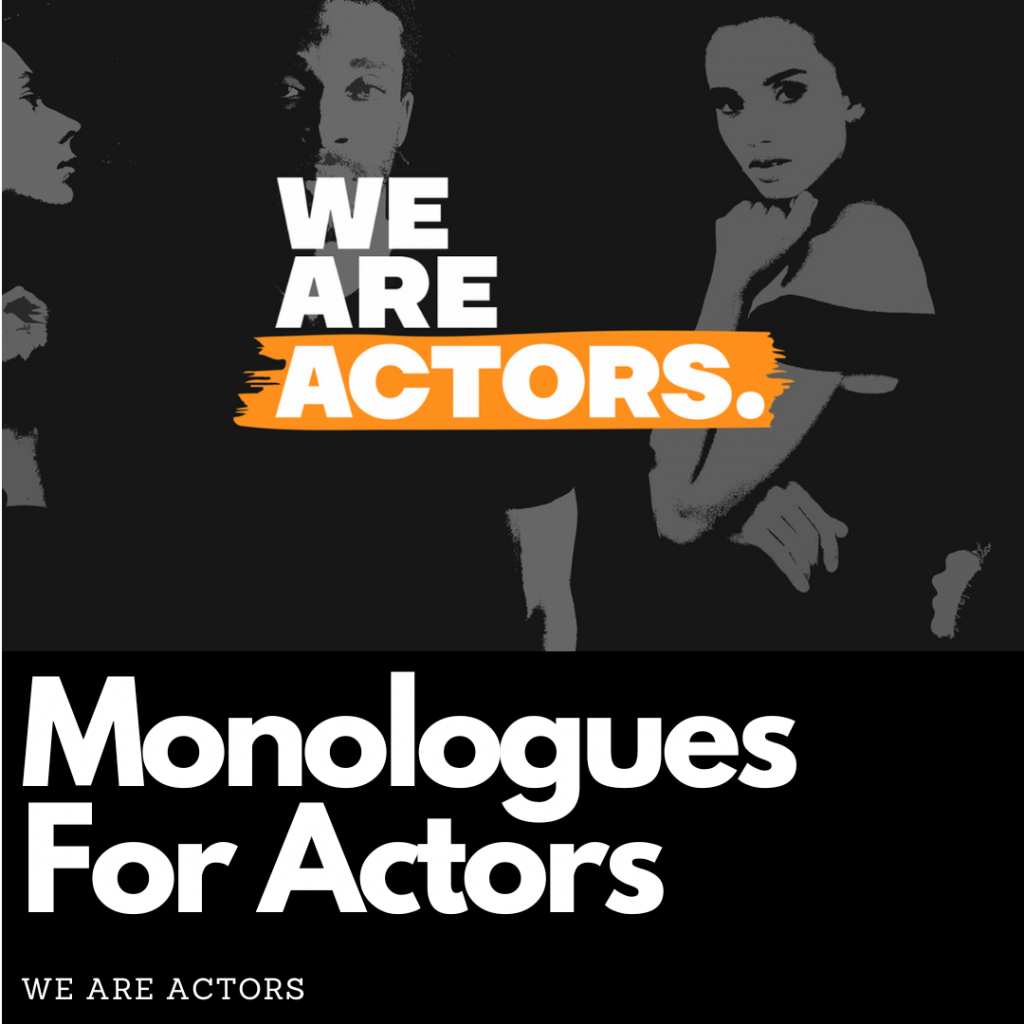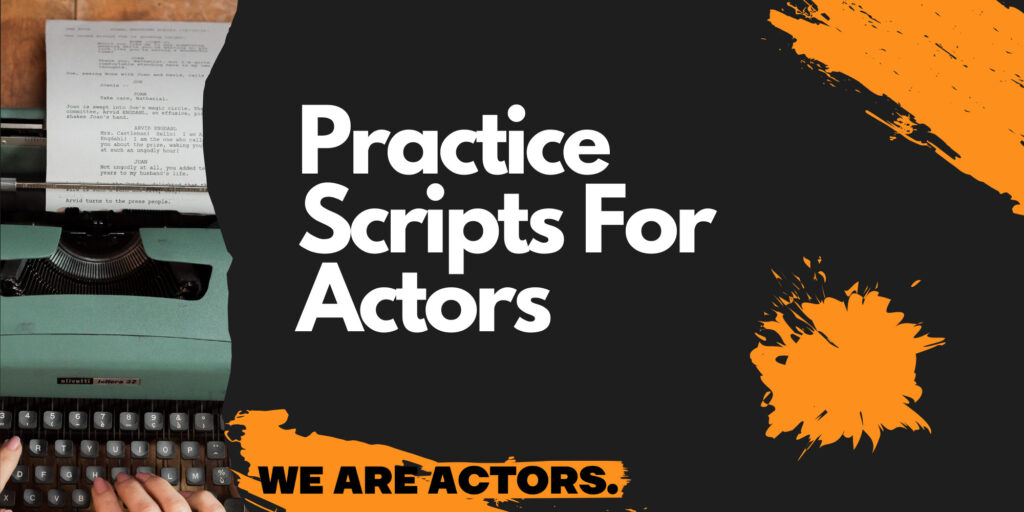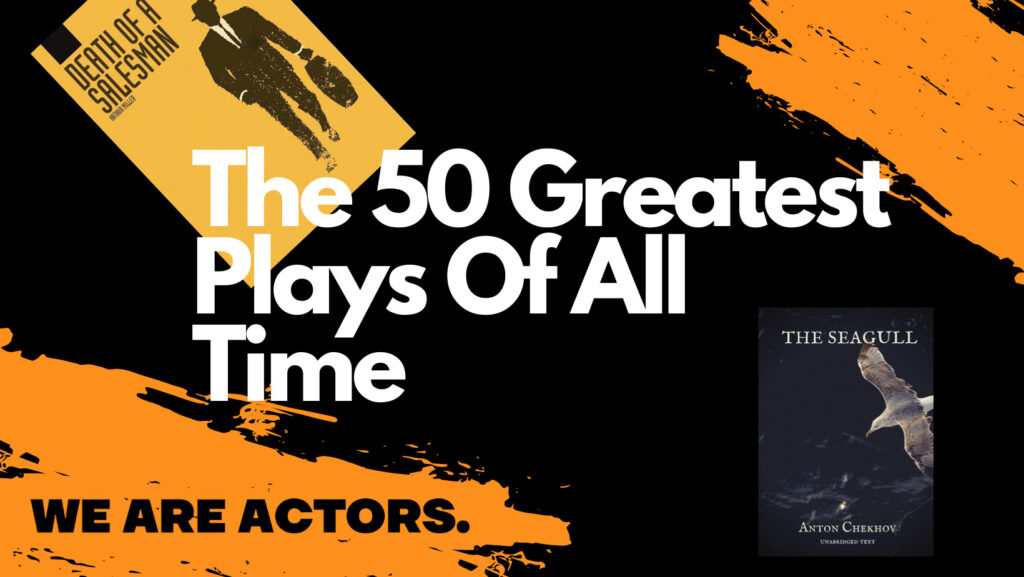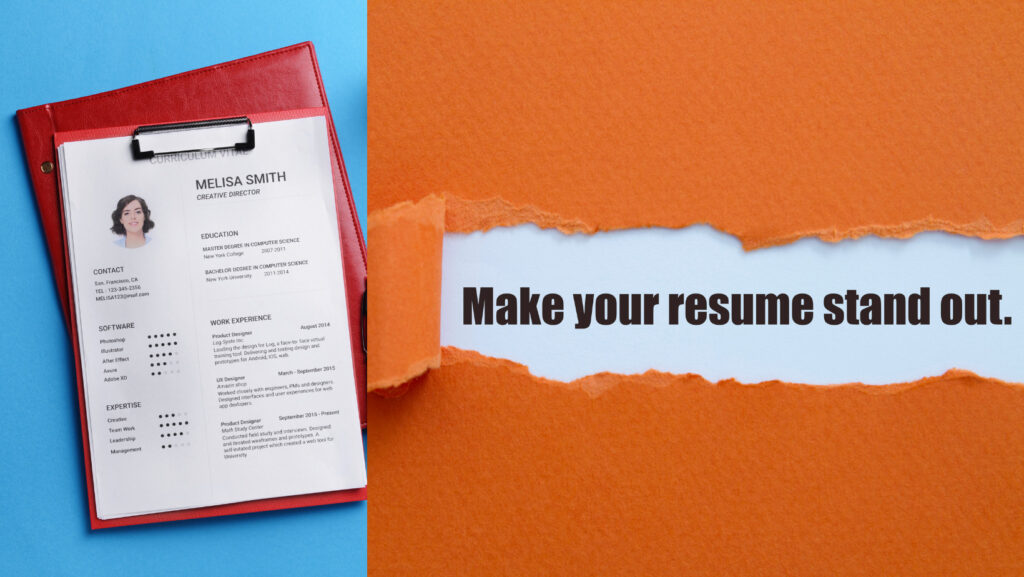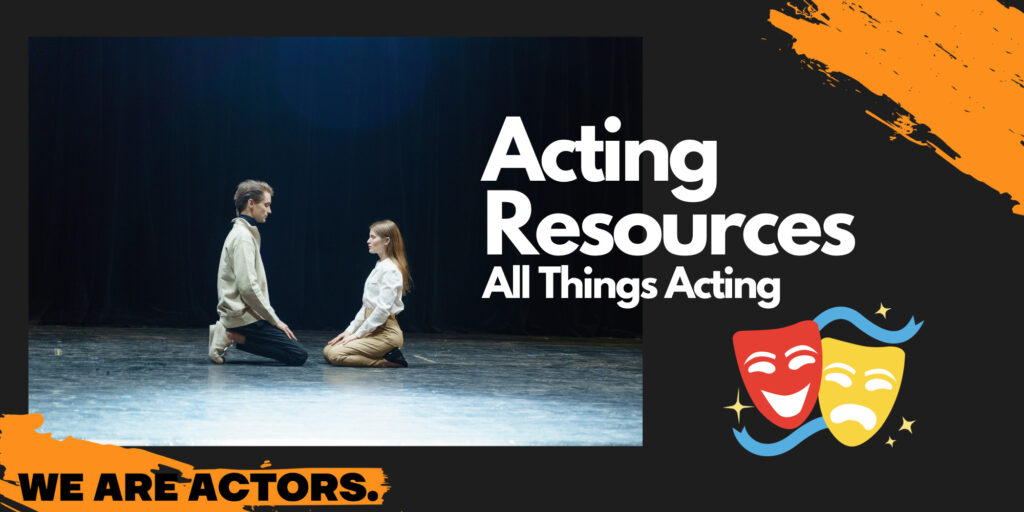
The Ultimate Guide to Acting Resources
Hey there, aspiring actor! Ever wondered why some people make it big in the acting world while others don’t? The secret sauce often boils down to one thing: Acting Resources. Yep, you heard it right. These resources are your treasure trove, filled with everything you need to shine on stage or screen. So, let’s dive in, shall we?
Types of Acting Resources
So you’re pumped about acting, but where do you start? The acting world is like a vast ocean, and you’re going to need some navigational tools. That’s where Acting Resources come in handy. Let’s explore the different types, shall we?
Acting Books
Think of books and scripts as your acting Bible. They’re the cornerstone of your craft. Whether it’s a Shakespearean drama or a modern screenplay, these texts offer invaluable insights into character development, dialogue, and storytelling. Ever heard the saying, “Knowledge is power”? Well, in acting, knowledge is performance.
5 Acting Books to get you started
Books are to actors what a wand is to a wizard. Essential! Here are the top 5 books that every actor must have in their arsenal.
 1 – “An Actor Prepares” by Konstantin Stanislavski
1 – “An Actor Prepares” by Konstantin Stanislavski
This is the holy grail of acting books. It introduces you to the Stanislavski method, which is basically the foundation of modern acting. A must-read!
 2 – “Sanford Meisner on Acting” by Sanford Meisner and Dennis Longwell
2 – “Sanford Meisner on Acting” by Sanford Meisner and Dennis Longwell
This book dives deep into the Meisner Technique, another cornerstone in the acting world. It’s like a workshop in book form.
 3 – “Respect for Acting” by Uta Hagen
3 – “Respect for Acting” by Uta Hagen
Uta Hagen offers a comprehensive guide to the actor’s craft. From voice modulation to stage presence, this book covers it all.
 4 – “Audition” by Michael Shurtleff
4 – “Audition” by Michael Shurtleff
Auditions can be nerve-wracking, right? This book offers 12 guideposts to nail them. Consider it your audition toolkit.
 5 – “The Actor’s Life: A Survival Guide” by Jenna Fischer
5 – “The Actor’s Life: A Survival Guide” by Jenna Fischer
This one’s a gem for understanding the business side of acting. After all, talent alone won’t pay the bills.
If you want to see a larger list of acting books we have curated please click the link below!
Acting Classes/Workshops
Imagine a gym, but for actors. Acting classes are your training ground. They offer hands-on experience and instant feedback. Plus, you get to network with like-minded individuals. Consider this: even Michael Jordan had a coach. Acting coaches provide personalized guidance, helping you to identify your strengths and work on your weaknesses.
Acting classes and workshops are invaluable resources for aspiring and seasoned actors alike. They serve as a training ground for honing skills, understanding the craft, and networking with industry professionals. Here’s why they are essential:
- Skill Development: Classes offer structured learning, focusing on various aspects like voice modulation, body language, and emotional expression. If you want to take your career serious you should consistently be in some sort of class working on your craft.
- Technique: Workshops often introduce actors to different acting techniques, such as Method Acting or Meisner, providing them with a toolkit for diverse roles.
- Networking: These settings are often frequented by casting directors, agents, and other actors, offering opportunities for career advancement.
- Feedback: Constructive criticism from instructors and peers helps in identifying strengths and weaknesses, enabling targeted improvement.
- Real-world Experience: Many classes simulate real-world scenarios like auditions or live performances, preparing actors for the pressures of the industry.
- Confidence Building: The practice and validation gained from classes and workshops build self-confidence, which is crucial for auditions and performances.
Whether you’re a beginner or a seasoned professional, acting classes and workshops offer a structured environment to develop and refine your skills, making them an indispensable part of an actor’s journey
Below you will find links to the top Acting Studios in New York and Los Angeles, Australia and Vancouver.
Headshots
In the competitive world of acting, a headshot is more than just a photograph; it’s a marketing tool and often the first impression casting directors have of you. A well-crafted headshot can capture your essence, showcase your versatility, and make you stand out in a sea of applicants. It serves multiple purposes:
- First Impressions: Casting directors sift through hundreds of applications; a striking headshot can grab their attention.
- Professionalism: A high-quality headshot signals that you are serious about your career and willing to invest in it.
- Versatility: Different roles require different looks. A good headshot can capture a range of emotions and styles, showing your range as an actor.
- Memorability: A unique and captivating headshot can make you memorable, increasing the likelihood of getting called back for auditions.
- Online Presence: In the digital age, your headshot will likely be viewed online before any in-person meeting, making it crucial for networking and online casting platforms.
Investing in a professional headshot is an investment in your acting career. It’s your visual resume, and it needs to be as polished and versatile as your skills.
Below is a link to the top headshot photographers in NYC
Monologues
Finding great monologues is crucial for many parts of an actors journey. Whether they are auditioning for a role, honing their craft, or showcasing their talent. A well-selected monologue can:
- Showcase Skills: A good monologue allows actors to display their range, emotional depth, and technical prowess.
- Capture Attention: Casting directors see numerous auditions; a compelling monologue can make an actor stand out.
- Fit the Role: Selecting a monologue that aligns with the character you’re auditioning for can demonstrate your suitability for the role.
- Enable Preparation: A monologue you connect with makes preparation more effective, allowing you to explore nuances and subtleties.
- Build Confidence: Performing a monologue that plays to your strengths can boost your self-confidence, which is crucial for a successful audition.
In summary, a well-chosen monologue is not just material; it’s a strategic tool that can open doors and elevate your acting career
We have curated one of the largest monologue Databases on the web and you can find it by clicking the link below!
Practice Scripts / Acting Sides
Practice scripts are an indispensable tool for actors at all levels of their career. They serve as training material for various aspects of acting, offering the following benefits:
- Skill Enhancement: Practice scripts allow actors to work on voice modulation, emotional expression, and physicality without the pressure of a live audience or casting directors.
- Character Exploration: These scripts provide a safe space for actors to delve into different characters, helping them understand various roles and emotional arcs.
- Script Analysis: Working with practice scripts helps actors learn how to break down a script, understand its nuances, and make informed choices about their performance.
- Rehearsal: Practice scripts are excellent for rehearsing lines, cues, and interactions with other characters, making them invaluable for preparation for auditions or performances.
- Versatility: The variety of available practice scripts allows actors to work on different genres and styles, thereby broadening their range and adaptability.
In summary, practice scripts are more than just words on a page; they are a foundational element in an actor’s toolkit for skill development, character understanding, and career growth
If you are looking for practice scripts we have you covered. Below you will find over 100 free practice scripts you can use for whatever you like. We hope you enjoy!
Plays
Plays are an indispensable resource for actors, serving as both a training ground and a showcase for talent. They offer a unique platform for honing skills like voice modulation, body language, and emotional expression. Unlike screen acting, theatre demands real-time interaction with the audience, sharpening an actor’s ability to engage and captivate. Moreover, plays often tackle complex themes and characters, providing actors with the opportunity to delve deep into psychological and emotional nuances. Whether you’re a seasoned actor or a beginner, the experience of performing in or studying a play can be transformative, enriching your understanding of the craft and the human condition.
5 Reasons why theater is still important
We have compiled a list of some of the greatest plays of all time. They are all wonderful plays with tons of incredible characters in all genres to choose from.
Acting Resume
An acting resume is more than just a list of roles and training; it’s an actor’s professional calling card. This essential document serves as a snapshot of your skills, experience, and versatility in the field. It’s often the first impression casting directors have of you, making it crucial for landing auditions and roles. A well-crafted acting resume showcases not only your past performances but also your range as an actor, helping you stand out in a highly competitive industry. It can include specialized skills like dialects, musical talents, or stunts, giving you an edge over other candidates. In a profession where opportunities can be fleeting, an updated and polished resume is your ticket to being noticed and considered for various roles.
If you do not yet have an acting resume or you would like to revamp your current one we have a great guide with acting resume templates you can choose from.
Podcasts To Listen To
- We Are Actors Podcast – Host Mershad Torabi sits down with actors, playwrights, screenwriters and more to talk about their lives, careers, work and much more. To catch up on this podcast on YouTube you can click the link below.
2. Talk Easy with Sam Fragoso – Founded in 2016, Talk Easy with Sam Fragoso is a weekly podcast of intimate, long-form interviews with people from all walks of life: filmmakers, comedians, activists, politicians, actors, and once, my mother. Where people sound like people. New episodes every Sunday morning.
3. Back To One Podcast – Back To One is the in-depth, no-nonsense, actors-on-acting podcast from Filmmaker Magazine. In each episode, host Peter Rinaldi invites one working actor to do a deep dive into their unique process, psychology, and approach to the craft. No small talk, no celebrity stories, no inane banter—just the work.
Recommended Products
Here are some great products you can use if wanting to create your own Self Tape Studio at home
Cannon EOS M50 Mark II
Selens Collapsible Backdrop 59×39
RØDE Auxiliary VideoMic GO Lightweight On-camera Shotgun Microphone for Filmmaking, Content Creation and Location Recording
50-inch Lightweight Camera Mount Tripod Stand With Bag
Aureday 14” Selfie Ring Light with 62” Tripod Stand and Phone Holder, Dimmable LED Phone Ringlight for Makeup/Video Recording/Photography, Circle Lighting for All Cell Phones&Lightweight Cameras
We hope you enjoyed this acting resources page! Please comment below to let us know what you think! We hope all these actor resources are as helpful as we hope they are!
Acting Resources FAQ’s
2. Are there any other acting techniques besides Stanislavski’s?
Yes, there are various other acting techniques such as Meisner, Adler, and Strasberg methods. Each has its own unique approach to character development and performance.
3. What resources are available for aspiring actors?
Aspiring actors can take advantage of acting schools, online courses, workshops, and books. Websites like Backstage also offer articles, casting calls, and other resources to help actors hone their craft.
4. What is the job outlook for actors?
According to the Occupational Outlook Handbook, employment for actors is expected to grow at an average rate. Competition is fierce, and many actors face periods of unemployment.
5. How can I practice acting at home?
You can practice acting at home by reading scripts, performing monologues, and recording yourself. Watching performances and critiquing them can also be a valuable learning experience.
6. What should I look for in an acting school?
Look for schools with experienced instructors, a comprehensive curriculum, and opportunities for practical experience such as student productions or internships.
7. Are online acting courses effective?
Online courses can be effective for learning theory and basic techniques but may lack the hands-on experience that comes from in-person instruction.

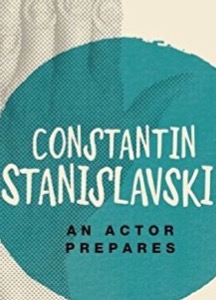 1 – “An Actor Prepares” by Konstantin Stanislavski
1 – “An Actor Prepares” by Konstantin Stanislavski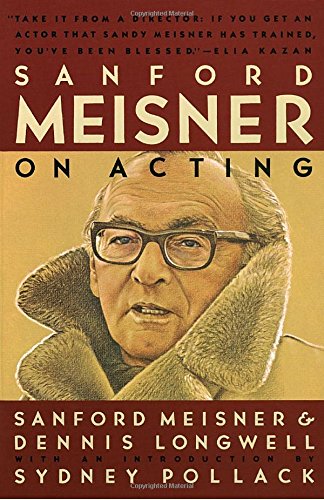 2 – “Sanford Meisner on Acting” by Sanford Meisner and Dennis Longwell
2 – “Sanford Meisner on Acting” by Sanford Meisner and Dennis Longwell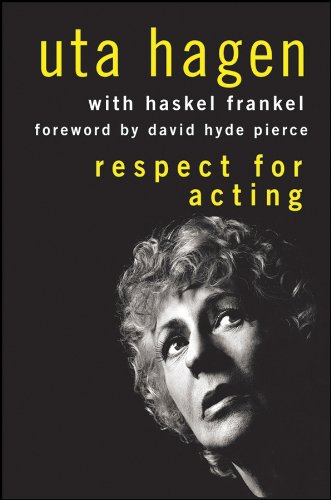 3 – “Respect for Acting” by Uta Hagen
3 – “Respect for Acting” by Uta Hagen 4 – “Audition” by Michael Shurtleff
4 – “Audition” by Michael Shurtleff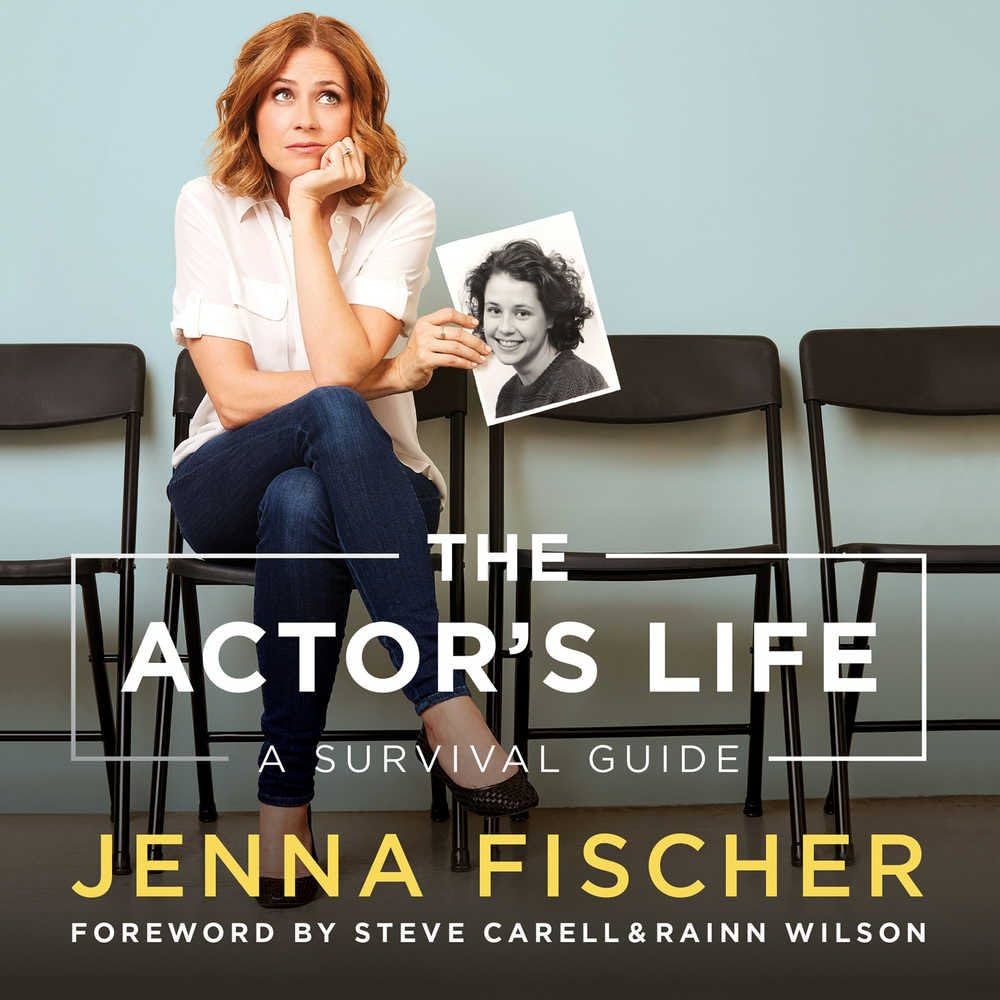 5 – “The Actor’s Life: A Survival Guide” by Jenna Fischer
5 – “The Actor’s Life: A Survival Guide” by Jenna Fischer